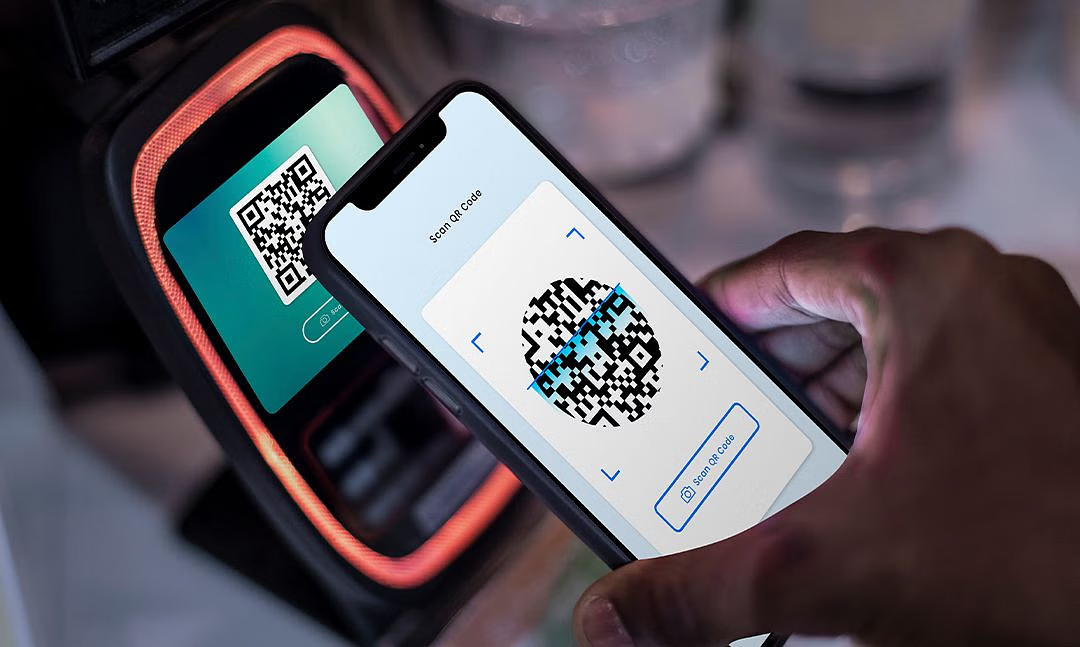
EU VAT on roaming services
Saying the place of supply rules for services under the EU VAT system are clear as mud probably is an understatement. The EU VAT Directive’s general rule is that B2C services are deemed located in the supplier’s place of business. There is a special B2C rule, though, for a wide range of services, telecommunications included, that deems services to be located in the customer’s usual place of residence.
This would, in principle, shift the place of supply to the country of destination. The EU VAT Regulation states, however, that mobile telecommunications’ customers are presumed to reside in the country identified by the mobile country code of the SIM card used.
If a SIM card is issued with country code A, the customer is deemed to reside in that country, which is usually also the country of the supplier. In practice, taxation is shifted back to the country of origin, irrespective of where customers reside or use telecommunication services.
These rules are complex enough on their own, but there is a further twist. The VAT Directive affords member states two options.
The first option is to consider the service non-taxable if the place-of-supply rules result in a service being taxable in their territory, but customers effectively use and enjoy the service outside the EU.
The second option is to tax the service, if the application of the place-of-supply rules results in a service being taxable outside the EU, but the service is effectively used and enjoyed in their territory. The ‘effective use and enjoyment rule’ can therefore be applied to set aside or attract taxation, but only to prevent ‘non-taxation, double taxation or distortion of competition’.
SK Telecom’s case
The Court of Justice of the European Union (CJEU) decisions on the effective use and enjoyment rule are few and far between. On April 15 2021, however, the court produced a striking decision on the matter.
The case concerned South Korean company SK Telecom. Several SK Telecom customers used roaming services while travelling to Austria. The company charged South Korean VAT at 10% and not Austrian VAT at 20% for its services. Austria applied the effective use and enjoyment rule and took the position that Austrian VAT was payable on roaming services billed by SK Telecom.
According to the Austrian authorities, the South Korean 10% tax was not comparable to EU VAT, whose minimum rate is 15%, so there was no real case of double taxation. However, if Austrian VAT were not applied, the services would not be taxed within the EU. The application of the effective use and enjoyment rule was therefore warranted to prevent non-taxation.
The CJEU validated the position of the Austrian authorities in its decision. According to the court, the double taxation and non-taxation upon which the application of the rule is predicated should only concern EU territory. Otherwise, says the court, application of EU VAT rules would be subject to third countries’ domestic tax law. This was also the exact understanding of the VAT Committee, an EU consulting body, when faced with the same question back in 2009.
In a nutshell, the CJEU recognised that mobile telephone services provided by a third-country operator but effectively used and enjoyed in the territory of a member state may be subject to that member state’s VAT. Member states are thus free to rely on the effective use and enjoyment rule to prevent non-taxation within the EU, even when creating double taxation at the international level.
What it means for the industry
The impact this decision may have on the sector is clear. Austria is not the only member state to have transposed the effective use and enjoyment rule into its domestic law. If other member states follow the interpretation validated by the CJEU, third-country operators will have to register for VAT in all those member states whenever customers use roaming services there, regardless of the amount at stake. Compliance costs could rise significantly, as operators are forced to juggle different taxes.
The interpretation now upheld by the court may also lead to a general increase in taxes on mobile services if third countries reciprocate and tax roaming services used in their territory. Such an outcome would ultimately burden consumers. It also seems to run counter to the International Telecommunication Union’s regulations, which require international telecommunications to be taxed in the country of origin.
Ultimately, the CJEU decision illustrates the absurd results to which the EU VAT Directive’s effective use and enjoyment rule can lead. As a rule, consumption taxes are not levied on the actual use of good or services, but rather on proxies which make its application more certain, such as the country code of a SIM card. The effective use and enjoyment criterion maybe can be relied on as a last resort, but only if it solves more problems than it creates.
The world we live in and the way we communicate is much different to 10 years ago. Maybe the European authorities should take a fresh look at the issue.
Text by Sérgio Vasques, Founding partner, Lobo Vasques








